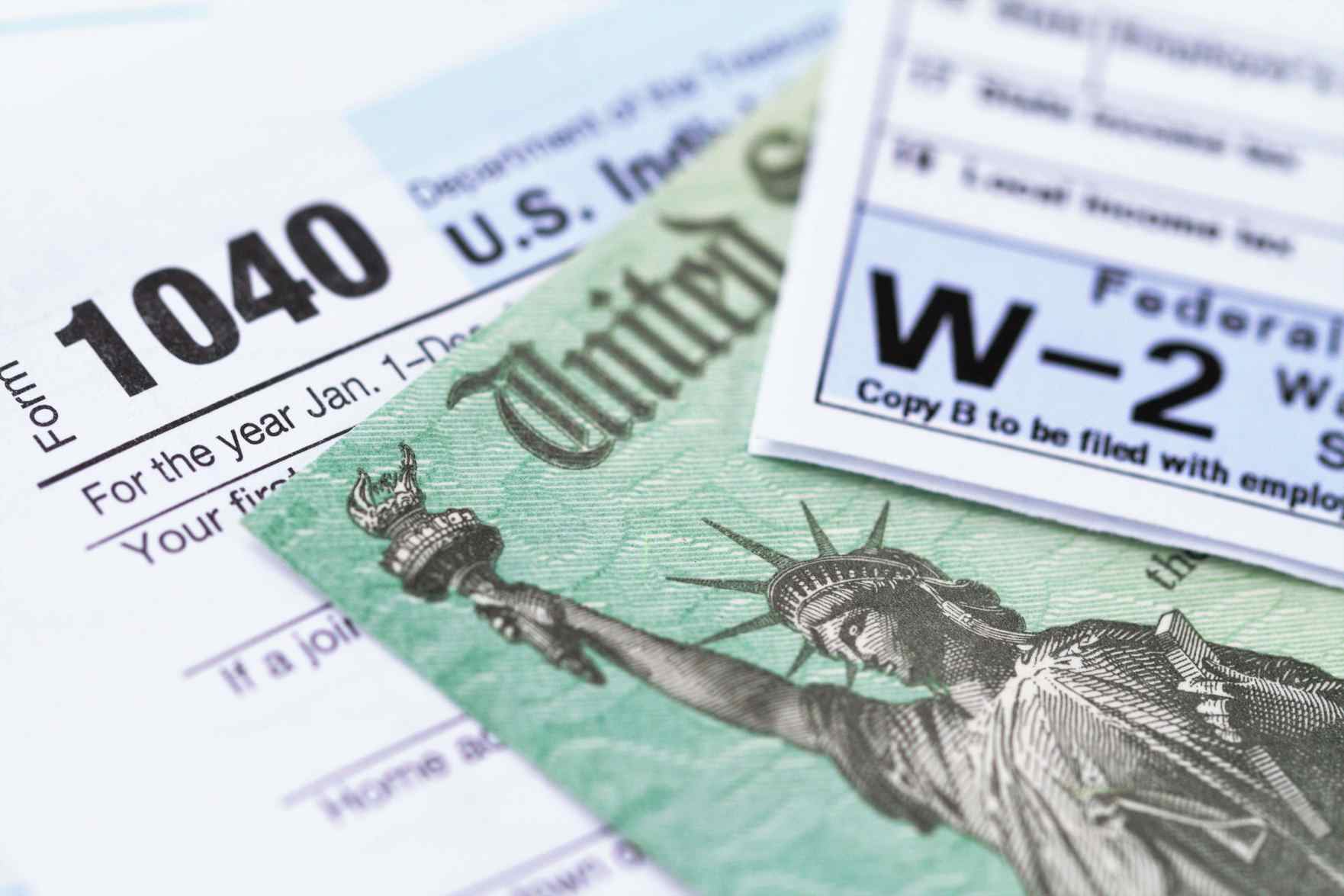Optima Tax Relief provides assistance to individuals struggling with unmanageable IRS tax burdens. To assess your tax situation and determine if you qualify for tax relief, contact us for a free consultation.

Being self-employed comes with a lot of benefits like being your own boss and making your own hours. Although there are a lot of perks to being self-employed, there are also a lot of additional responsibilities you will have to take on that most W-2 employees don’t have to deal with. For instance, you are responsible for keeping track of all your expenses you incur throughout the tax year, tracking your mileage and maintenance associated with your work vehicle, and ensuring that you are making estimated tax payments throughout the year to avoid owing when filing your taxes.
If you are self-employed or have worked on a contract basis where no taxes were withheld from your pay, it is extremely important to understand the difference between a 1099-MISC versus a 1099-K when filing your taxes.
1099-MISC
This form is issued to independent contractors or those that are self-employed who have been paid $600 or more. If you were paid under $600, this may not trigger a 1099-MISC to be generated, however, you are still responsible for reporting all tax income that you have received throughout the tax year. It is also required to report all self-employment income if your net earnings are $400 or more.
When a taxpayer receives their 1099-MISC form, they can also claim deductions against their income that should be listed on their schedule C. Adding any work expenses as deductions can help reduce a possible balance you may owe at the end of the tax year.
1099-K
A 1099-K, also known as a Payment Card or Third Party Network Transactions, is used by credit card companies and third-party processors like Paypal and Amazon to report payment transactions they process for retailers or other third parties. You’ll typically receive a 1099-K if you have accepted credit cards or third-party processors and also had more than $20,000 in sales as well as over 200 individual transactions through a third-party processor.
If you need tax help, contact us for a free consultation.